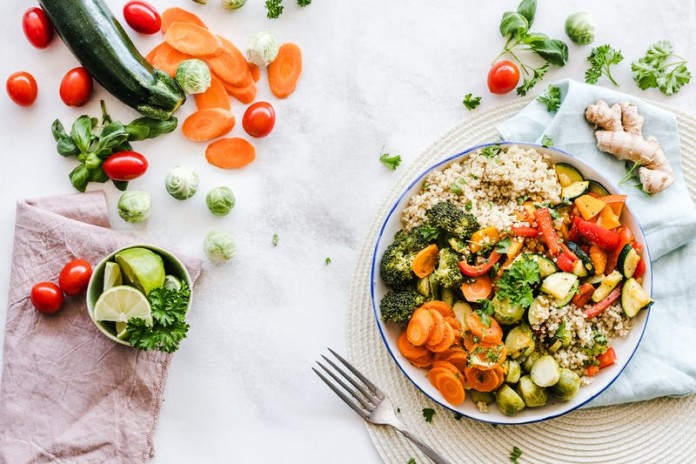For centuries, people have turned to fat as a source of nutrition. In many parts of the world, fats are commonly used in cooking and are an essential part of a healthy diet. That being said, there is still a lot of confusion when it comes to fats. Some people believe that all fats are bad for you, while others think they are essential for a healthy diet. In this article, we will discuss the pros and cons of eating fats and the potential risks and benefits of incorporating them into your diet. Here you can find Miami Herald’s list of best fat burners for women.
What Is Fat?
Fat is a type of nutrient that comes from foods that contain an abundance of it, such as oils and animal products like avocados, fatty meats, and full-fat dairy products. Fat is a necessary part of your diet because it’s an essential energy source. It provides us with quick bursts of energy by giving us the nutrients we need to function. The body can’t create energy on its own, so it relies on the foods we eat to provide it with the nutrients it needs. However, one thing you should keep in mind is that there are “good” and “bad” fats.
Good Fats
Monounsaturated Fat
Monounsaturated fats are friendly fats that have been shown to decrease blood pressure, especially in people with high blood pressure. They are found in olive oil, almonds, avocados, and fatty fish like salmon and mackerel.
Polyunsaturated Fat
These fats help lower cholesterol and prevent coronary artery disease. They are found in walnuts, sunflower seeds, flaxseeds, and fatty fish like mackerel and sardines.
Bad Fats
Trans Fat
Trans fat is created when foods are fried in oils that contain trans fats. They are unhealthy because they raise LDL cholesterol levels and have been shown to increase the risk of coronary artery disease. They are found in commercially prepared baked goods, fried foods, and sugared beverages like soda.
Saturated Fat
If you use too many Saturated fats, they will raise LDL (bad) cholesterol levels. They are found in fatty animal products like full-fat dairy products, fatty meat, coconut oil, and fatty fish like salmon and mackerel.
The Benefits of Eating Fats
Fat is a perfect source of energy – It’s a concentrated source of calories, so when you eat it, it immediately gives you the energy your body needs to operate. Fat is important for maintaining a healthy weight because it helps us feel full, so you don’t feel the need to eat more frequently than you normally would.
Fat tastes good – Many people believe that healthy fats are tasteless. However, this is a myth because fats are delicious and can be used in various recipes. Some of the healthy fats are dark chocolate, eggs, avocado, nuts, etc.
Fat is essential for health – You can’t live without fat. Your body needs fat for important functions like maintaining a healthy weight, producing hormones, and building cells.
Fat provides satiety – Satiety is the feeling of fullness that occurs after you eat, and fats are a few nutrients that can help you feel satisfied.
The Disadvantages of Eating Fats
In most cases, people do not differentiate between good and bad fats. One of the wide-known disadvantages of fats is that they would raise your cholesterol level if you exceed their usage. This might even lead to pain in your chest and heart and eventually lead to heart attacks. So, generally, the only disadvantage of fats is choosing the wrong ones and/or exceeding the proper amount of usage.
To conclude
Fats are essential for a healthy diet because they provide energy and essential nutrients, like fatty acids. When you hear the word “fat,” chances are you think of greasy fast food, high-fat snacks, and fattening desserts. But that’s not the only type of fat there is. Different types of fats provide different nutrients, and it’s important to consume them in moderation.
This article provided some essential information you need to know before deciding whether the fats are good for your organism or not. So, next time you eat your meal, keep in mind all the points mentioned in the article, and your food will be healthier.




